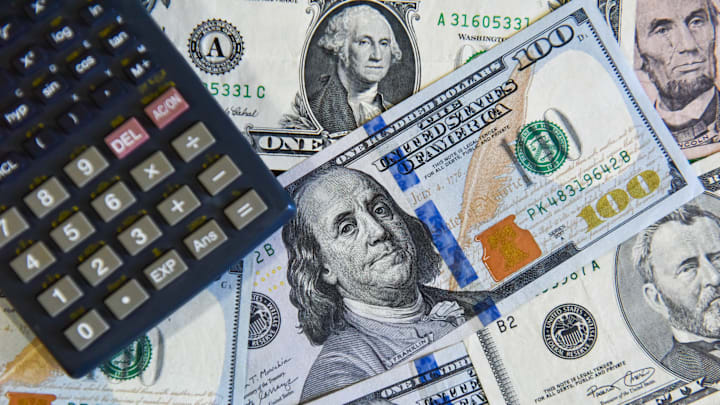Teams try to avoid having dead money against their salary cap, but it's almost unavoidable in many circumstances.
There are many elements that come together to make an NFL player's contract.
Signing bonuses, guaranteed money, incentives, base salaries and much more all equate to the familiar numbers fans so often hear, particularly at the start of NFL free agency when a league insider reports that Team X just signed Player X to, let's say, a four-year, $30 million deal.
However, as anyone who has watched professional football long enough can see, players don't always live up to their contracts. Plus, with a salary cap in place, expensive teams often have to cut more expensive players to free up necessary cap space.
Frequently, those cap casualties (and other players who are either waived or released) carry what's called "dead money."
What does that mean?
What is 'dead money' on an NFL contract?
To quote former NFL agent Joel Corry, now doing work for CBS Sports, "dead money is a salary cap charge for a player who is no longer on a team's roster."
Dead money can be problematic because that amount counts against any given team's salary cap for that particular year despite the fact that player is no longer on the roster. Because of the nature of team construction and the sheer number of players who are signed and subsequently cut or even traded, it's almost impossible for any given team to have zero in dead money any particular season.
But exorbitant amounts can put teams into proverbial "salary cap hell."
So, what goes into dead money?
Guaranteed money can become dead money if a player is cut, and the same goes for signing bonuses and other bonus-type money. Seeing how teams can figure this out, the amount of dead money can be useful in determining whether or not a team should cut a particular player because of cap restraints.
Case in point, the 2024 San Francisco 49ers may not want to cut wide receiver Deebo Samuel because it would incur more than $26 million in dead money against only just $2.16 million in cap savings.
If the Niners waited a year, though, the dead money would drop to $15.1 million against $9.1 million in cap savings, making the outlook a bit more agreeable.
Players who typically have zero in dead money, if cut or traded, typically have no bonuses or guarantees remaining on their contracts, and it's common these players end up being the first line of cap casualties if a team needs to squeeze under a salary cap.
